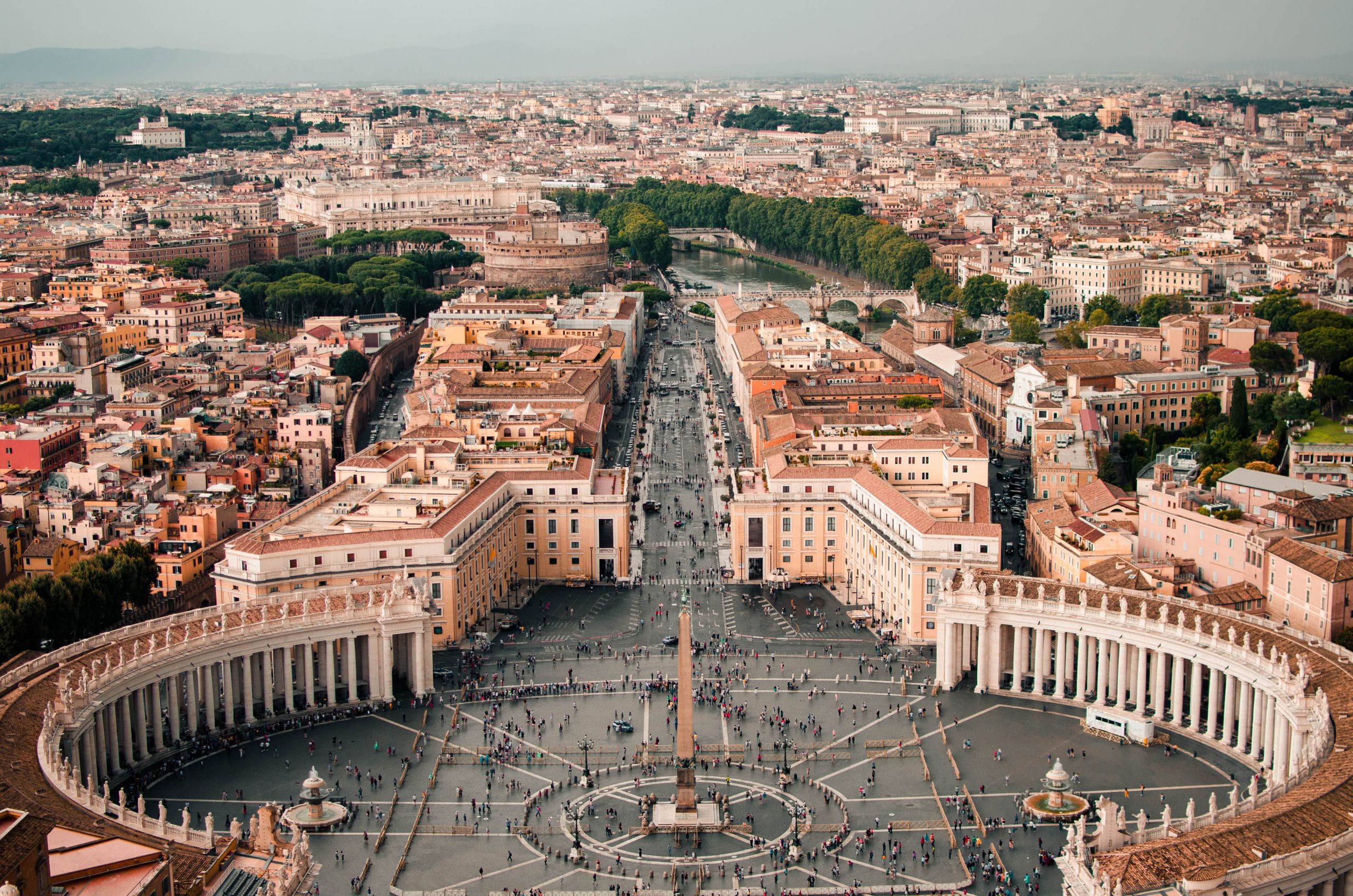Augustus left a city of marble that was once a city of bricks; Lord Byron called it the city of his soul; Giotto di Bondone called it the city of echoes, illusions and yearning. Anotole Broyard though it was a poem pressed into service as a city. In reality, it was much much more. Rome was, is, a people who bore the greatest empire in the ancient world, a thought that resonates through your being and a city that rose and fell, ebbed and flowed but never succumbed to the treacherous trials of time.
Though Rome boasts many valiant sea-conquering generals and praetors, sapient philosophers and educators and artists that made the world’s jaw drop collectively, if there is one tale the Romans take special pride in recounting, it is that of its establishment, the heroic tale of its founders Remus and Romulus.
Ancestors in Roman History:
Legend has it that Aeneas, a Trojan hero and the son of the Goddess Venus and his fellow Trojans fled Troy after the Greeks crushed their forces in the Trojan War and reached the Italian coast. Southeast of the future city of Rome, his son founded the city of Alba Longa. Romulus and Remus were twins born to Rhea Silvia, the daughter of King Numitor of Alba Longa. It is believed by some that Mars, the god of war, sired the twins.
King Numitor was overthrown by his brother Amulius who saw the twins as a threat to his rule. Now to kill one’s own kin was frowned upon because the Gods were said to punish those who committed this sin. So Amulius ordered the twins be abandoned at the banks of the river Tiber, left off on their own to die. Some say, a servant who was charged with drowning them took pity and abandoned the twins by the banks. (Whatever the case, they didn’t die because then I wouldn’t be telling you about it).
Growing up wolves in sheep’s skin:

They were saved by the god Tiberinus, Father of the River, and suckled by the she-wolf Lupa in a cave now known as the Lupercal. They grew up under the care of a shepherd Faustulus and his wife at the site of what would become Rome to become ferocious warriors and leaders. When they found out about their true identity, they helped their grandfather, Numitor regain his throne by ousting and killing Amulius. Then they left Alba Longa on their own quest, seeking to found their own city that they found in a land of seven hills. And this is where the fratricide comes in, because you see, the foundations of this glorious city were almost as bloody as the rest of Rome’s history.
Groundwork with a tinge of fratricide:
After meandering to the seven hills by chance, Romulus and Remus got in a quarrel about where to built this city they had dreamt of. Romulus wanted to start the city on the Palatine Hill, while Remus chose the Aventine Hill. To settle the argument, they both decided to approach the augury where omens and signs from the Gods were read through birds. (Needless to say, that didn’t go well for Remus or else we wouldn’t have called it Rome. Ream? Remo maybe? Anyways…) Remus declared that he had seen six birds and Romulus said that he had seen twelve.
So apparently whoever saw more birds won. But Remus still reasoned that because he had seen the birds first, the city obviously should be built on the Aventine Hill. At the same time, Romulus began to build a wall on his hill, which Remus decided to jump over. (that was a bad move. What a shocker.) When push came to shove, Romulus gave in to his anger and murdered Remus (his bro for life). And that is why it is called Rome (or Roma) not Ream.

Now the thing to notice here is that, even before Rome was Rome, there was bloodshed in its name. Romulus put in motion a series of events that led to the formation of an empire that lasted for more than a 1000 years and ruled over 20% of the world’s population then. He was not devoid of vanity and hubris and the murder of Remus stands for the price all civilizations pay to become exactly that, civilizations. There will always be those who sacrifice more than others, sometimes even their life.
This went on to become a recurring theme in the history of Rome since all major changes in the city’s and later the republic’s and then the empire’s trajectory were preceded by bloodshed. Before peace and prosperity, there was almost always, exclusively, unrest and indignation and violence and Rome as a civilization and empire and even Romulus, its first king or rex, stand as a constant reminder of what the cost of power is. Romulus was the first in a line of seven legendary kings that preceded the Roman republic and ruled the city on top of Palatine Hill for almost two centuries.

The last of these seven kings, Lucius Tarquinius Superbus or Tarquin the Proud stood entirely for the debauched, cruel tyranny that accompanied absolute power. He was not the last of the inefficient rulers that plagued Rome whom history has deemed unworthy and there were many worse than him but Rome kept going, it kept going no matter what or who and therein lies it’s indomitable spirit that is probably the reason it became the most influential civilization of all times.
